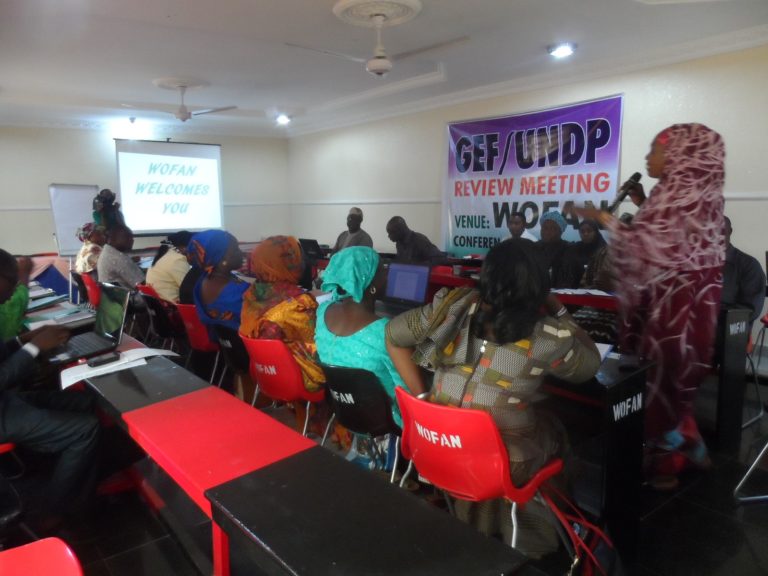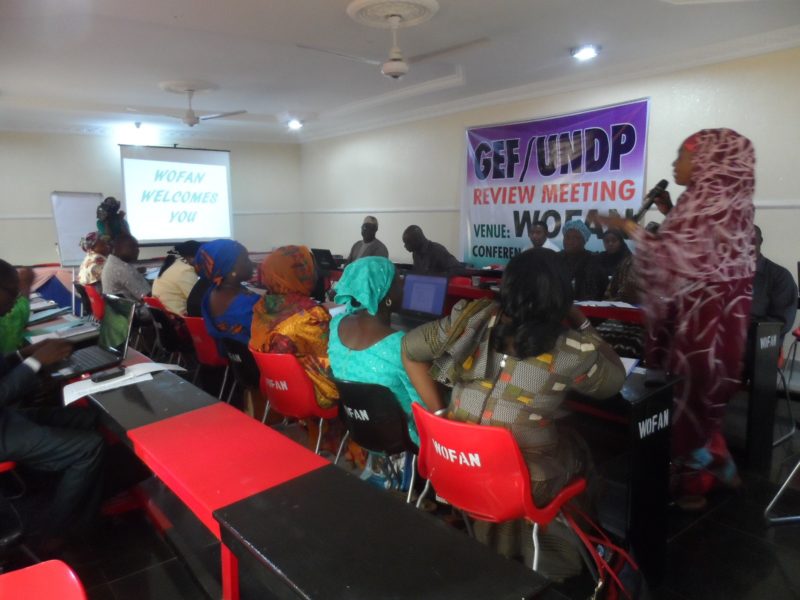Communities in Nigeria have been urged to support efforts to preserve the remaining wildlife resources from extinction by guarding their forests against poachers.
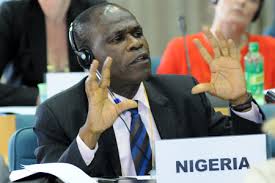
The call was made by the Lagos State Coordinator, National Environmental Standards and Regulations Enforcement Agency (NESREA), Mr Nosa Aigbedion, at an event on Monday 06 June 2016 by the Federal Ministry of Environment (FME) to mark this year’s World Environment Day.
He explained that exotic wildlife including species of elephants, gorillas, crocodiles, tigers, pythons, mahogany plants, among others, are on the verge of extinction due to the activities of illegal hunters, who kill and smuggle them to enrich themselves, thus denying the host community and the nation the huge revenue from the resources.
Mr. Aigbedion stressed that although most of the people arrested for illegal trading in endangered species and animals were foreigners, added that they succeeded nonetheless because some people in the host communities assisted them.
“Most of them arrested for illegally trading in wildlife are not actually Nigerians but have Nigerian collaborators who help them to either poach, collect, process and baggage for export,” he disclosed, adding that NESREA, being an enforcement arm of the FME, has been working in collaboration with the Nigerian Customs Service to ensure a zero trade on exotic wildlife, especially those in the Annex A of the Convention on International Trade in Endangered Species of Fauna and Flora (CITES).
His words: “We have been trying our best to see that we curtail this business. The tracking down of illegal traders and the trafficking of CITES materials, exotic plants and animals considered endangered or near extinction is part of our activities. Our border agencies like the Nigerian Customs and others have been part of these collaborative efforts to ensure that we track down these illegal traffickers. It is illegal.
“And the reason to ensure that the environment is safe and our resources – the bio-resources of Nigeria are also safe is very important. That’s why we go about looking for these illegal traffickers and discouraging prospective buyers from going into the business.”
According to him, many traders in wildlife resources have been arrested, and are being penalised accordingly.
“The penalty depends on the level of involvement. It ranges from fine to imprisonment on conviction. We don’t impose penalty. As a matter of fact, we arrest and hand over to the police and the prosecution team takes over. They are either fined or imprisoned, depending on the level of involvement,” he pointed out.
He however noted that because of the nation’s border is so large policing it against illegal wildlife traders has not been easy.
Aigbedion said: “The Nigerian boarder is so wide. We have so wide land border that even the entire nation will take half of it to man the entire border. But we have trafficking routes, market routes where these traffickers go through.
“Ours is to identify those routes and put personnel on the tracks to ensure that, as much as possible, we track them down, we prosecute them and discourage trading on CITES materials particularly elephant tusk which is almost nearing extinction, rhino tusk and pangolin scales, and some other exotic animals that are classified as being the Annex A of the CITES convention.”
He described the World Environment Day as a programme designed to raise awareness on the need to protect the environment and its resources.
He stressed: “A programme like this World Environment Day is important in spreading the message for the protection of wildlife. The need to seek knowledge and get information should be everybody’s responsibility. That animals are approaching extinction, that some animals are difficult to get these days that were sometime in the past very common, is no news in so many quarters.
“We go about creating awareness particularly as this World Environment Day theme suggests that we particularly stop illegal wildlife trading. Programmes like this benefit a lot and we educate the people to ensure that exotic wildlife plants and animals classified as Annex A of the CITES convention are not traded at all, not traded upon, not traded in and not traded with.
“Proper licensing should be obtained and you work through the requirements as given, which always stipulated in the silences. There are so many programmes, awareness programmes, and sensitisations to discourage the use and trade in plants and animals classified as nearing extinction.
“We have arrested several people. Some have gone through the prosecution process. A lot have been arrested in the process of tracking down illegal trade in CITES materials. So many have been arrested over the years and we are still arresting others even today, sensitising people and creating as many engagements as possible.
“To our knowledge, the trading in wildlife has gone down. Possibly, they must have devised another way of trading in the business that we don’t know about yet.
“I think it has gone down drastically and we are still trying to block some holes here and there. The borders are so wide. If not for the efforts of some of our sister agencies, which helped us to police them at the border points, some of them would have gone through our hands. But, to a large extent, the business has come down but we hope that it continues to go down so that we can curtail this spate of illegal trade in CITES materials.”
By Innocent Onoh

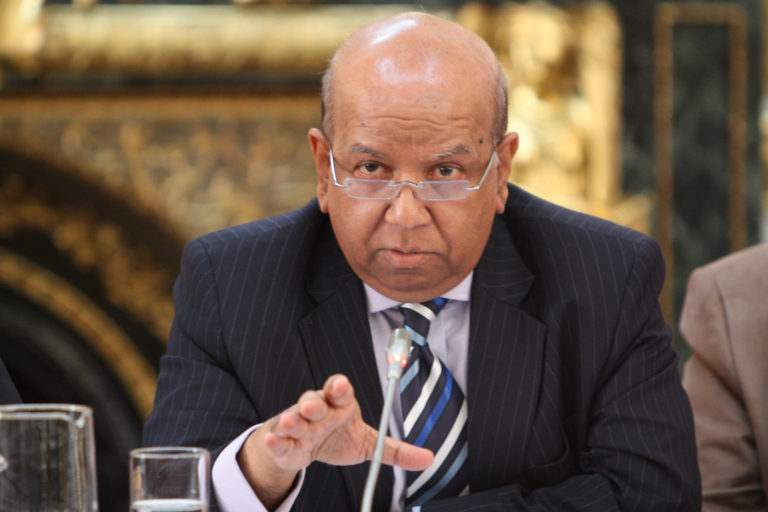
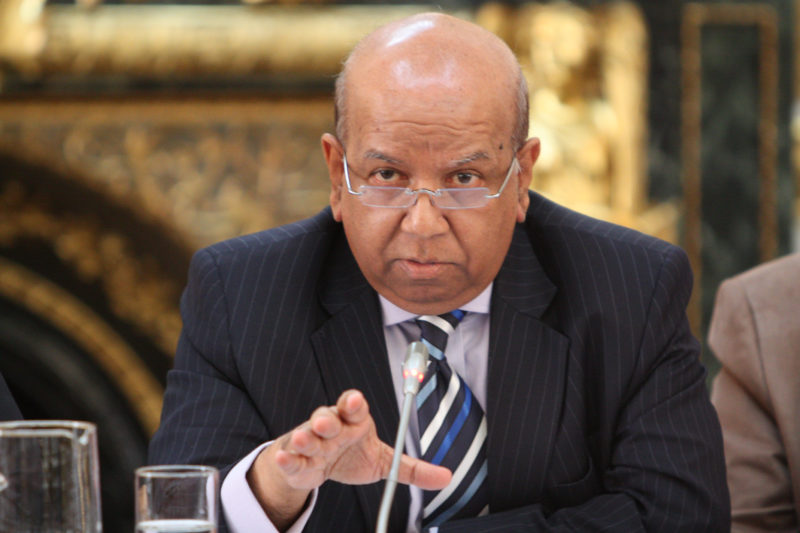
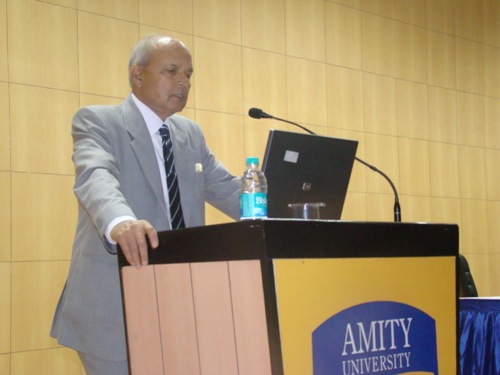

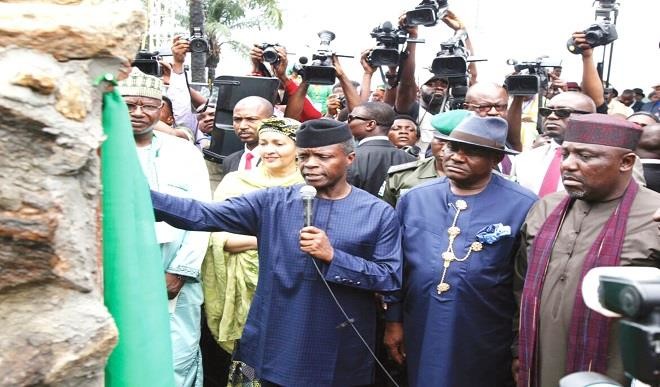



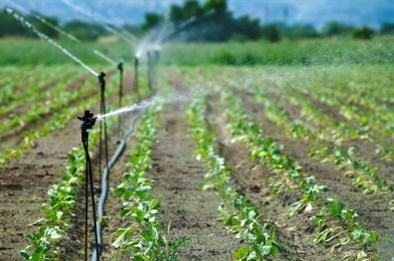
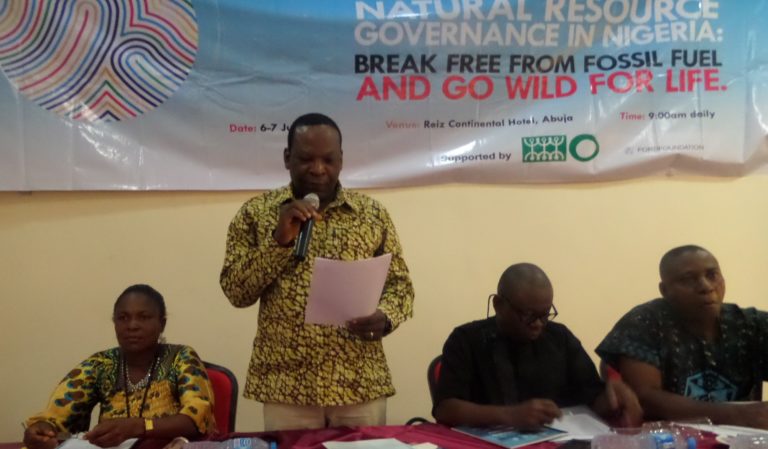
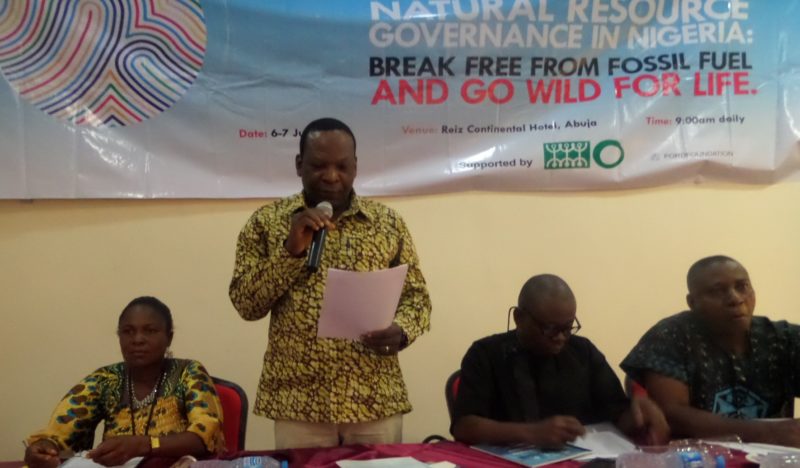
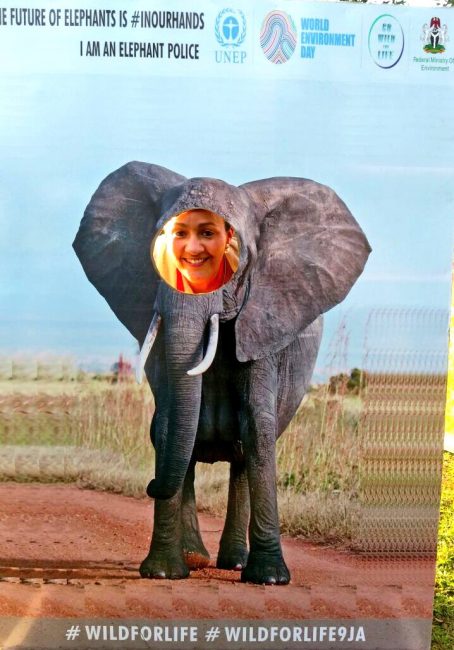
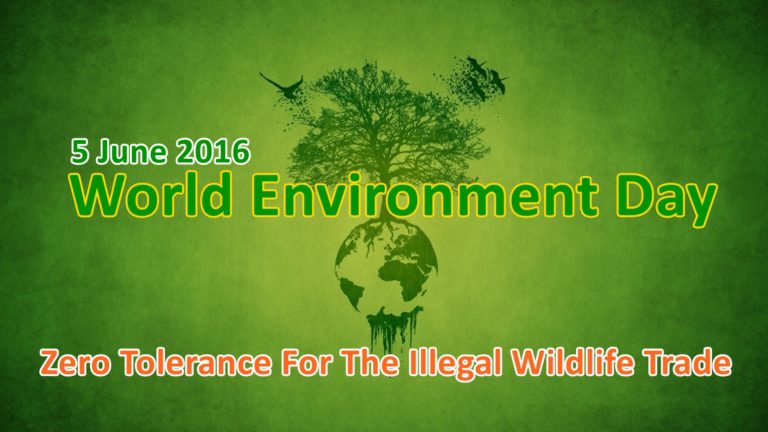
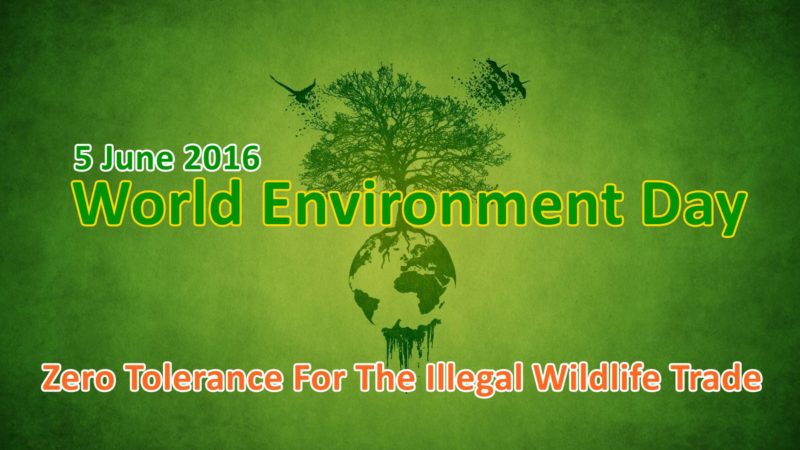 “Go wild for life” was simplified and interpreted as embracing all living things as parts of the ecosystem. Examples of animals killed for fun in our society were highlighted by the students in the interactive sessions as lizards, butterflies, birds, worms, ants and the like. Apart from mosquitoes, pests and rodents that breed as a result of dirty environment, that must be eradicated, animals are important features of the environment.
“Go wild for life” was simplified and interpreted as embracing all living things as parts of the ecosystem. Examples of animals killed for fun in our society were highlighted by the students in the interactive sessions as lizards, butterflies, birds, worms, ants and the like. Apart from mosquitoes, pests and rodents that breed as a result of dirty environment, that must be eradicated, animals are important features of the environment.